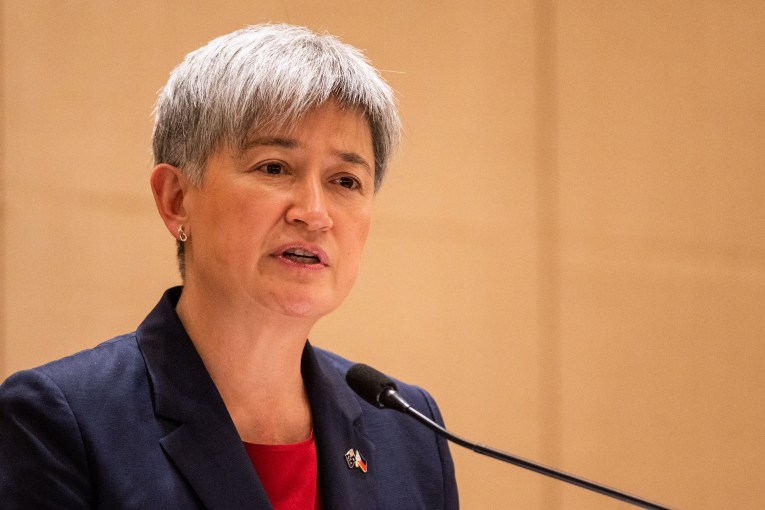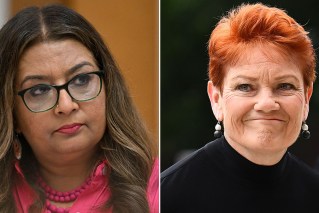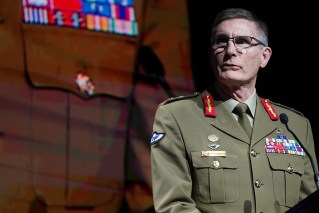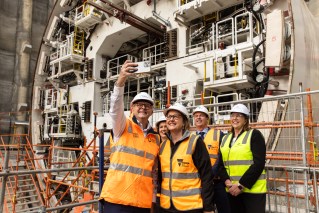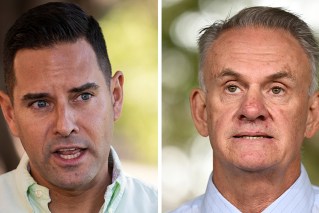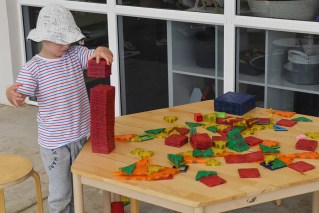As support swings back, Voice campaigners take heart

A leading Indigenous Voice to Parliament advocate has welcomed “timely” reports prominent that No campaigners are switching sides.
Thomas Mayo said it wasn’t too late for “progressive no” voters to start campaigning for the Voice, despite their flip coming just a fortnight out from the referendum.
It follows a report in the Nine Newspapers report on Friday suggesting that some key No voters who initially wanted stronger action than the Voice had grown wary of being aligned with Opposition Leader Peter Dutton and One Nation leader Pauline Hanson.
Those flipping to Yes, the report said, included “Blak Sovereignty” campaigners, although Senator Lidia Thorpe remains committed to No.
Among those who are considering switching is Thorpe’s sister, Meriki Onus, a Gunnai-Gunditjmara woman and an organiser for the Warriors of the Aboriginal Resistance. She told Nine a key factor for her was the way the First Peoples’ Assembly of Victoria showed how a federal body could work.
“I agree with much of what the No position is. However, I’m leaning towards voting Yes,” she said.
“We’ve seen an example in Australia where a body similar to the Voice to parliament already functions, and I think that they do really good work and there’s amazing opportunity there. So I would be leaning towards a Yes.”
Mayo, one of the Voice’s architects, wants people who recently made the switch to talk to others about why they have done so.
“I encourage all of those that might have shifted to yes from ‘uncertain’, leaning towards no or even a hard no, if you’ve come over to our side, then get out there and talk to people about why you’ve done that,” he told ABC Radio.
“We can’t afford a No so get out there and talk about it if you’ve realised just what a great step this will be [and] a great piece of progress that we will celebrate.”
Mr Mayo estimated “30 to 40 per cent” of voters had were yet to decide which way they will leap ahead of the October 14 referendum.
Prime Minister Anthony Albanese acknowledged the importance of the final fortnight as the period where voters would focus on the question.
He recalled a recent experience with a voter who likened the Voice’s advisory body capacity to a parents’ association at a school.
“That gives advice, it doesn’t run the school, it doesn’t run the education department,” he told ABC Radio.
“But if schools listen to the advice of the people who are directly affected, teachers and parents and students themselves, then you get better outcomes.”
The Uluru Dialogue announced on Friday it had translated information about the Voice into 30 First Nations languages to help some Indigenous voters engage ahead of the poll.
Co-chair Pat Anderson said the translations would be distributed through First Nations radio stations, community organisations and on the ground.
“It is often those in our remote communities whose voices are least heard in the halls in Canberra but who have some of the greatest need for improvements in laws and policies made about them that a Voice will provide,” she said in a statement.
“Reaching First Nations peoples in communities where English is not the first language can be a challenge but must be an absolute priority for this referendum.”
-with AAP
